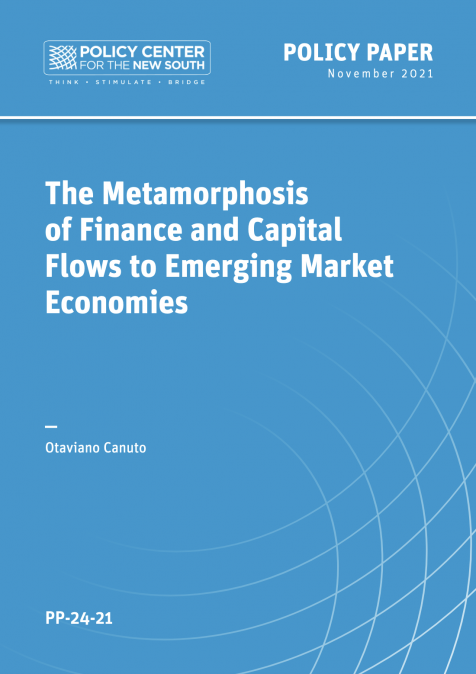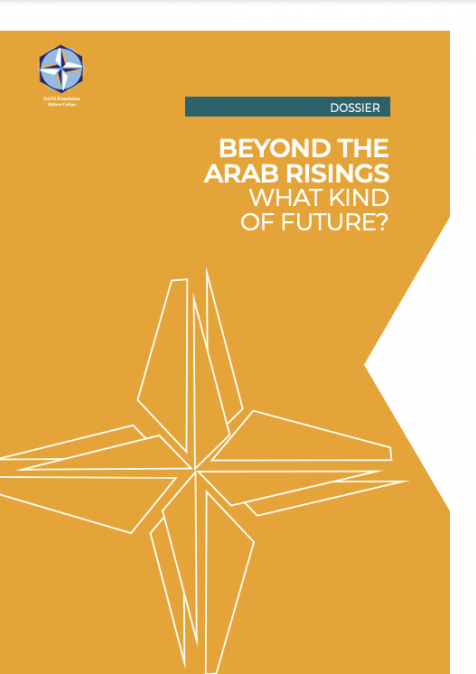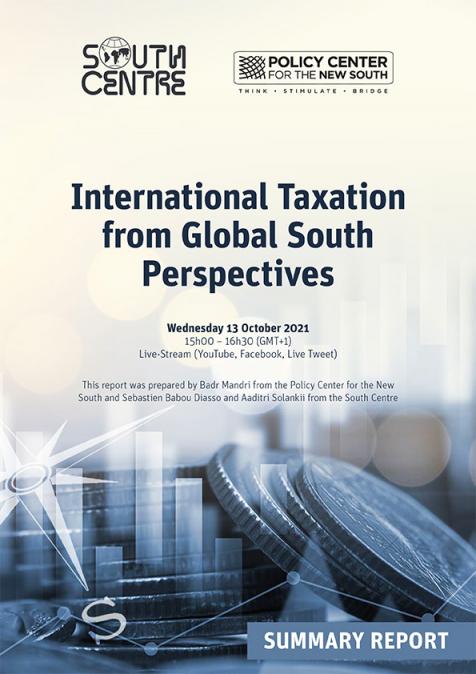Expert:
Publications /
Opinion
This Blog was originally published on t20southafrica.org
The G20 should address reform challenges during South Africa's presidency, as ongoing geopolitical tensions obstruct global cooperation and complicate efforts to revamp the international financial architecture.
The current geopolitical tensions hinder global cooperation, complicating efforts to reform the international financial architecture (IFA). Despite these challenges, the G20 can prioritise the following reforms during South Africa’s presidency.
Governance, financing, and the Global Safety Net
Short-term Reforms:
1- IMF Quota Review: Advocates for an ambitious 17th Quota Review at the IMF, including an updated quota allocation formula that reflects current economic, social and demographic realities. This should realign actual and calculated quotas and eliminate surcharges.
2- Needs-Based Lending: The IMF should de-link access to financing from a country’s quota and adopt a needs-based approach that considers repayment capacity.
3- Funding Support Mechanisms: Maintain efforts to fund the Poverty Reduction and Growth Trust and the Resilience and Sustainability Trust through the rechanneling of Special Drawing Rights (SDRs).
4- Hybrid Capital Instruments: Expand Multilateral Development Banks (MDB) use of hybrid capital instruments such as perpetual bonds and subordinated debt to stretch existing balance sheets and increase lending.
5- SDR Commitments: Urge G20 members to fulfill the commitment of donating $100 billion in SDRs and explore mechanisms for using SDRs as hybrid capital for MDBs, while preserving their reserve asset status. Accelerate this process for the Inter-American Development Bank and the African Development Bank.
6- MDB Reform Acceleration: Accelerate the ongoing MDB reform agenda to boost lending capacity, including balance sheet optimisation and implementation of the capital adequacy framework.
7- Regional and Bilateral Partnerships: Foster partnerships with Regional Development Banks like AIIB and NDB to complement traditional multilateral efforts.
8- Green Bank or Global Public Goods Bank: Establish a Green Bank or Global Public Goods Bank – independent from the WBG – in the form of a private-public partnership and would replace the current 62 climate mitigation funds.
9- IDA21 and ADF replenishments: Secure G20 commitments to honor pledges for IDA21, even if the US defaults, and lay the groundwork for an ambitious ADF-17 replenishment.
10- Real-Time monitoring Systems: Encourage MDBs to implement robust, real-time monitoring and evaluation systems to track the performance of lending and investment projects.
11- Differentiated Lending Terms: Encourage a principle of differentiation for MDB lending terms (maturity, interest rates, grace period) based on effective in-country leadership for policy reforms, borrower’s commitment, debt capacity, development level, development effort, responsiveness, and transparency.
12- Flexible Conditionality Frameworks: Reform conditionality frameworks at the IMF and World Bank to allow flexibility during crises, focusing on measurable economic returns and structural reforms supported by a solid domestic consensus.
13- Tailored Conditionalities: Tailor conditionalities to the specific economic contexts of recipient countries while preserving incentives for fiscal discipline.
Medium/Long-term Reforms:
1- Global Financial Safety Net Enhancements:
- Introduce a provision in the IMF charter to allow systematic SDR creation during severe global financial stress. Temporary allocations could address large, systemic liquidity shortages.
- Establish a G20 working group to develop a Liquidity Insurance Mechanism as an alternative to self-insurance through safe asset accumulation. This would provide short-term liquidity to Emerging Markets and Developing Economies) during global shocks, institutionalizing ad hoc central bank swap lines. The alternative to self-insurance will limit the uphill flow of capital from poorer countries to richer ones.
2- Global Carbon Market Development: Redouble efforts to create a global carbon market by working to connect the existing regional markets and by putting in place a strong regulatory system.
3- Debt-for-Investment Initiatives: The G20 should launch an initiative to reduce least developed countries (LDCs) debt in return for investments in climate mitigation or global public goods.
Strengthen Debt Sustainability Protocols and Treatment
Short-term Reforms:
1- Common Framework Reform: Evaluate the Common Framework’s performance and recommend bold reforms to expedite debt workouts, including incentives for private sector participation in sovereign debt restructurings.
2- Enhanced Debt Monitoring: Tighten debt assessment and monitoring criteria to prevent unsustainable borrowing, promote sound lending practices, and encourage fiscal responsibility.
3- Risk Assessment Integration: Incorporate comprehensive risk assessments into Bretton Woods Institution operations to better anticipate and mitigate potential debt crises.
4- Debt Transparency and Coordination: Improve debt data transparency and foster creditor coordination. Establish a new debt restructuring facility within the World Bank and IMF to manage default risks.
Medium/Long term Reforms:
1- Sovereign Bankruptcy Mechanism: Set up a working group to develop a shared framework and approach to sovereign bankruptcy.
2- Market-Based Crisis Prevention: Introduce a market-based system to pre-emptively avert sovereign debt crises by buying down unsustainable Eurobond debt, like the Brady bonds of the 1980s.
* The views expressed in T20 blog posts are those of the author/s.








